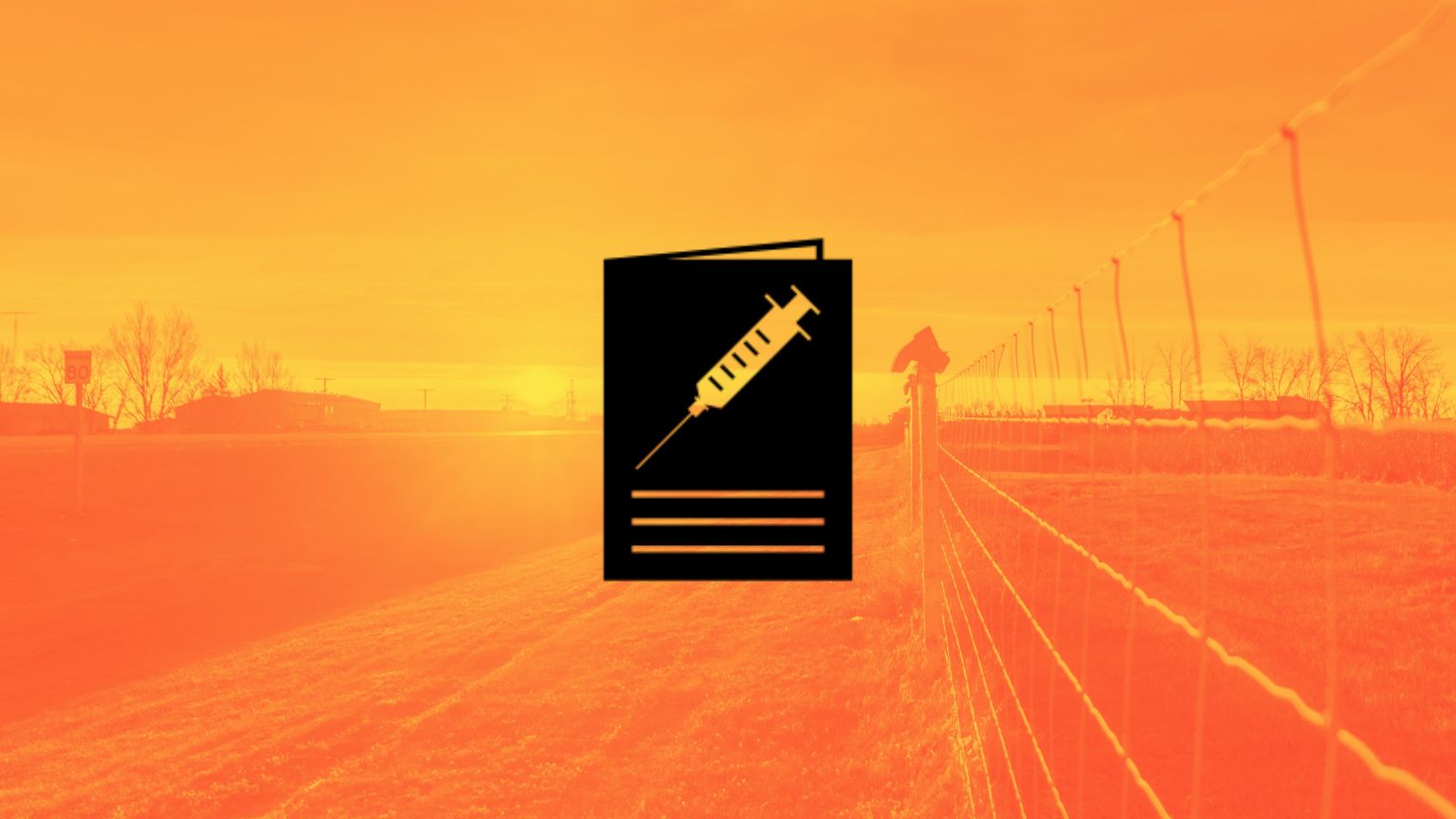In a striking case that brings free speech to the forefront, Saskatchewan nurse Leah McInnes has found herself on the brink of a disciplinary hearing. She expressed her reservations about COVID vaccines and mandates on social media platforms, opening up a debate on her right to voice opinions on such critical issues.
Her statements landed her in hot water with the College of Registered Nurses of Saskatchewan (CRNS), which is accusing her of engaging in professional misconduct.
The alleged misconduct, as claimed by CRNS, is rooted in her involvement in protests against vaccine mandates and vaccine passports during the COVID-19 pandemic. McInnes is presently involved in a four-day tribunal hearing in Regina, which started yesterday.
The Justice Centre for Constitutional Freedoms (JCCF), arguing in her defense, has asserted that she has the right to express her views on vaccine mandates, vaccine passports, and related issues like freedom of choice and medical privacy.
Interestingly, McInnes’ opinions on COVID shots and mandates were specifically aimed at Saskatchewan’s vaccine policies. Saskatchewan health officials, it should be noted, did not particularly enforce vaccine mandates for healthcare workers but heavily advocated for people to receive the shots.
However, CRNS claimed McInnes’s public articulation amounted to disinformation and misinformation and could mislead the public, alleging a misuse of her power as a nurse. The JCCF, however, pointed out the regular references to the government’s vaccine policies as “mandates” by media outlets.
Understandably, CRNS hoped that McInnes would accept a compromise by admitting that her actions amounted to “professional misconduct,” an offer she categorically turned down. Instead, she chose to challenge the allegations, asserting her right to express opinions as mentioned in the Charter, according to the JCCF.
There’s indeed a wide chasm of interpretation between the two perspectives. McInnes, subsequently, asked the College for clarification, questioning what they meant by her spreading misinformation, disinformation, or misleading information.
It remains to be seen how McInnes’ tribunal hearing pans out, although past rulings have supported individuals who defied COVID mandates or rules.
This incident serves as a stark reminder of the tensions and debates around freedom of speech, particularly when the person voicing their opinion is in a position of influence within a field directly related to the contested issue.












